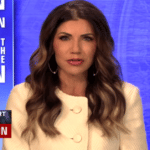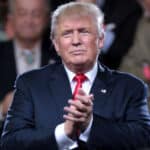

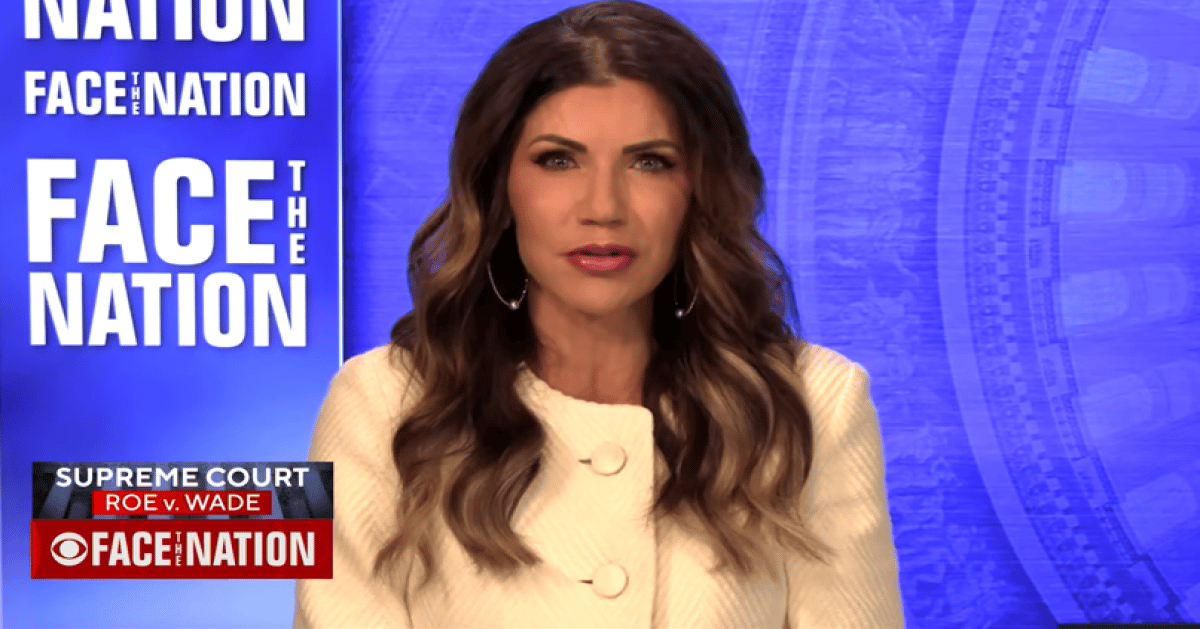
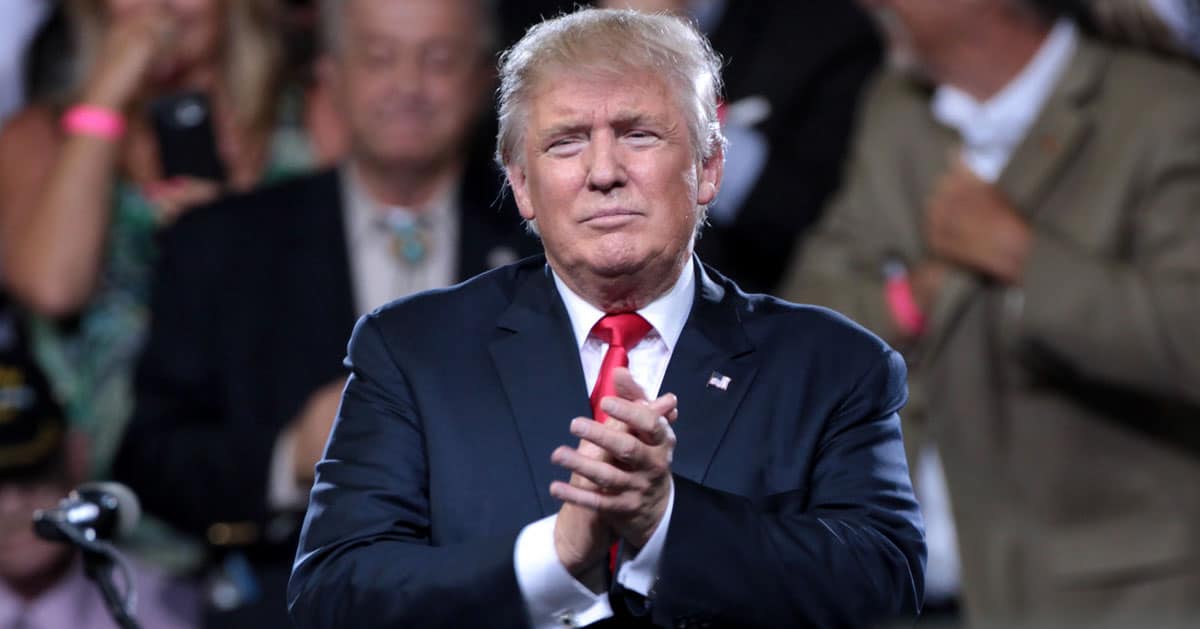
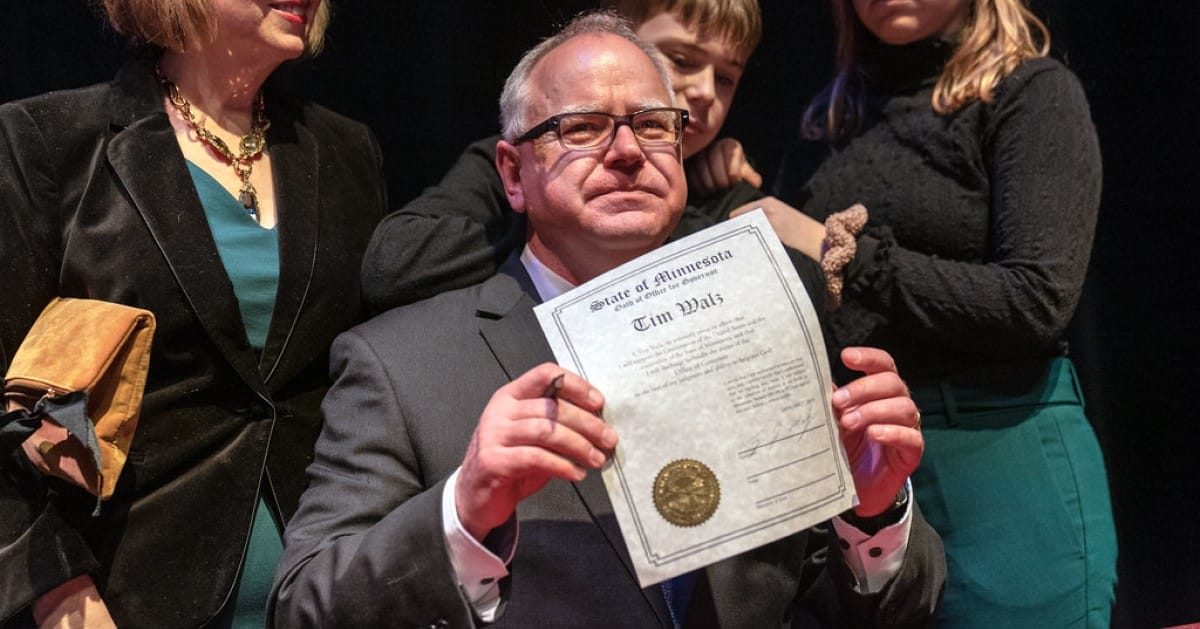

Vice President J.D. Vance sparked intense debate at the Munich Security Conference with a speech that criticized Europe for its immigration policies and perceived limitations on free speech.
The Daily Mail reported that Vance's remarks drew praise from President Donald Trump but left many international allies divided.
Speaking to a packed audience on Friday, Vance shifted the anticipated focus from the Ukraine conflict to broader cultural and political issues that he argued are undermining freedoms in Europe.
He boldly described Europe's current challenges as "one of our own making," offering a critical viewpoint on how policies across the continent are affecting fundamental rights.
Vance's address was initially expected to center on the ongoing war in Ukraine, especially given his meeting with Ukrainian President Volodymyr Zelensky earlier the same day. However, he chose to highlight what he perceives as pressing threats to democracy and liberties, steering the conversation toward alleged missteps by European leaders.
President Trump passionately endorsed the speech, hailing it as "brilliant" and asserting it was well received by the audience. He expressed his concerns, asserting that Europe must be cautious about losing its cherished right to free speech.
Trump's remarks echoed Vance's sentiment, highlighting concerns that European immigration policies may potentially lead to increased crime rates.
Vance didn't hold back on his criticism of European governance, pointing fingers at leaders for what he called a failure to "maintain high standards" and a tendency to cancel elections.
He referenced the controversial incident involving Adam Smith-Connor, a British man reportedly arrested for praying near an abortion clinic, to illustrate his point about alleged assaults on individual freedoms.
The Vice President asserted that European leaders are employing language reminiscent of communist regimes to manage narratives around 'disinformation' and 'misinformation.' By doing so, he claimed they are stifling free expression and misleading the public.
Both Trump and Vance also approached the topic of defense, urging European nations to intensify their military expenditures.
According to their perspective, such a move is necessary to ensure the continent can effectively defend itself while cooperating with the U.S. on global security matters.
Vance wrapped up his speech by asserting that a new era was beginning, one that requires Europe to face its challenges head-on and in step with broader democratic values. "There is a new sheriff in town," he declared, underscoring the need for leadership that is unafraid to address voters' concerns.
The reactions to Vance's controversial oration showcase a widening cultural and political divide among Western allies.
His comments have sparked a dialogue on the future of European policies and their implications for citizens' rights.
As the conversation about these issues progresses, figures like Vance continue to challenge the status quo, encouraging debate around governance and policy on both sides of the Atlantic. Whether these discussions lead to constructive changes or further polarization remains to be seen.
